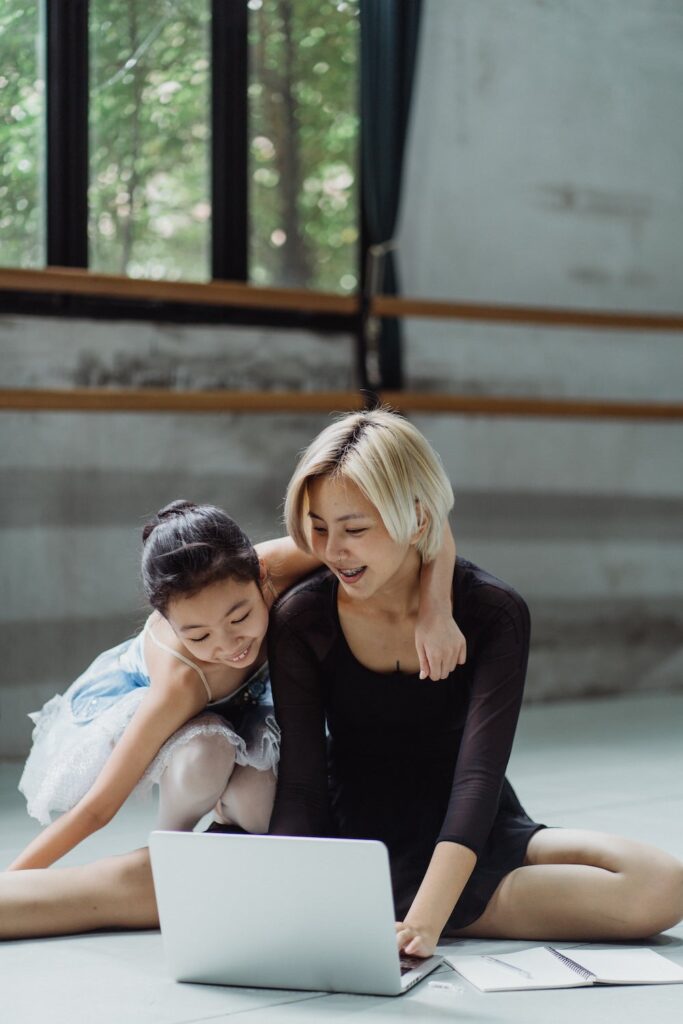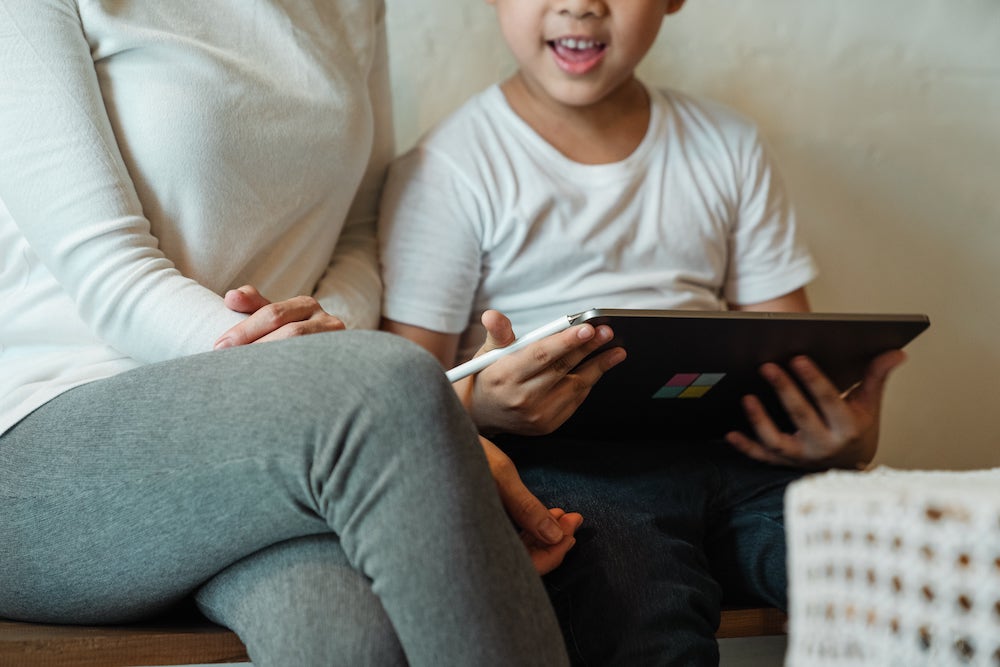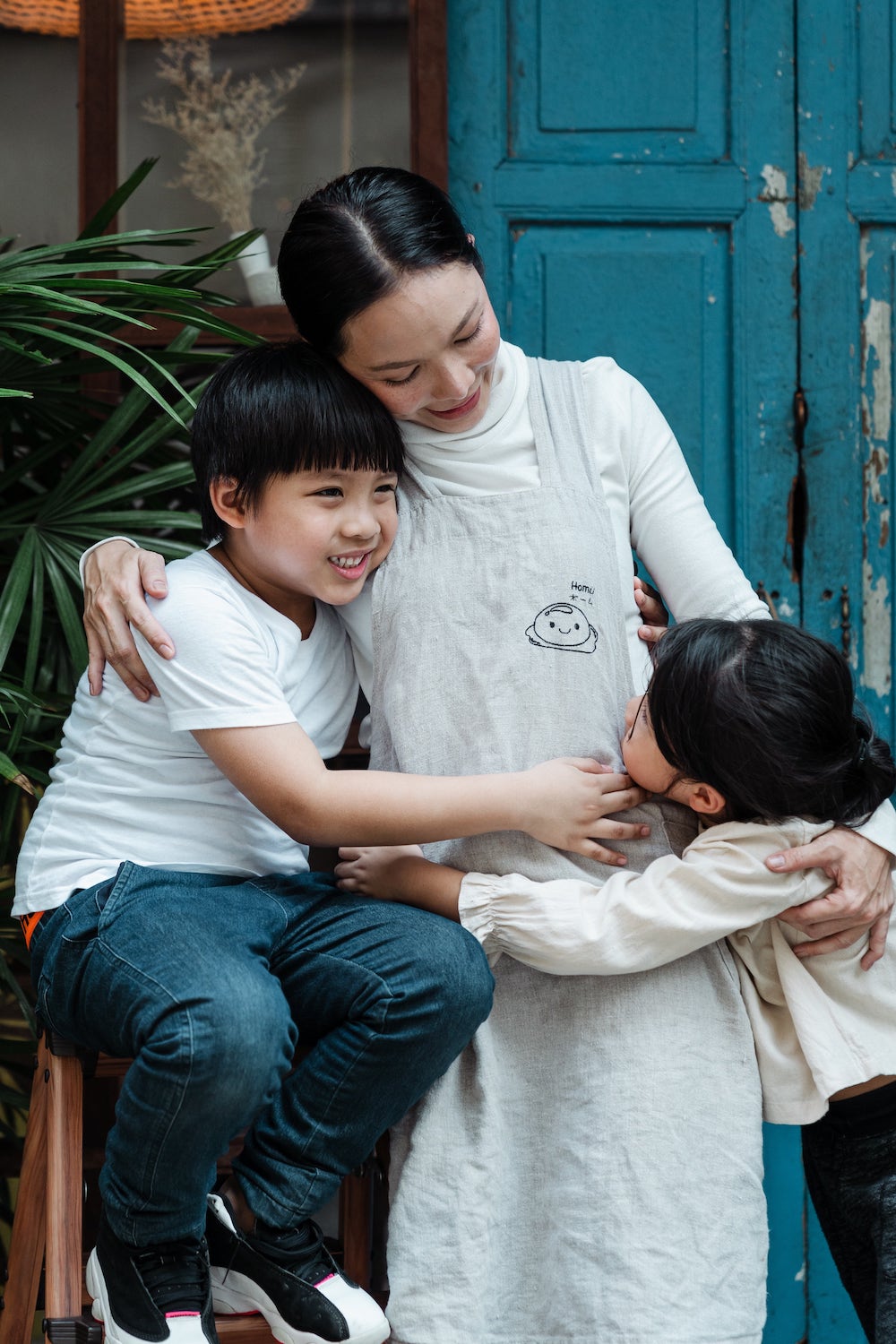Wat bied ons aan. Wat bied ons aan, Wat bied ons aan, Wat bied ons aan. Wat bied ons aan, Wat bied ons aan. Stres affekteer beslis alle areas van ons lewens, soms sal dit ons verhouding met ons geliefdes die meeste beïnvloed; veral ons kinders.
Ons kinders kan ingewikkeld wees (kom ons erken dit, so kan ons!), en dit is 'n uitdagende taak om te verseker dat elke beweging die "regte" een is. Dit al ons gesprekke, eise, versoeke, planne, lof en kritiek beteken iets. Elke oomblik spandeer ons om met ons kinders te praat, ons hoop dat hierdie woorde genoeg sal wees om ons kinders te vul met die hoop op 'n groot toekoms in 'n tyd waar die toekoms so onseker is. Tye verander, en ook dit sal verbygaan, maar een ding wat ons kan waarborg, is dat ons nooit 'n tweede kans sal hê om 'n kinderjare saam met ons kinders deur te bring nie.
As ouers, ons vra onsself dikwels af of ons wel die regte ding doen, wonder hoe ons tot ons kinders kan deurdring, probeer om ons kinders beter te verstaan, en voel soms soos 'n skuldige mislukking omdat ons vir onsself sê ons doen dit verkeerd. Dikwels, dit is nie die geval nie, maar daar is geen handleiding oor hoe om 'n kind groot te maak wat vir almal in alle situasies sal werk nie. Sekerlik, daar is baie raad, 'n oorweldigende hoeveelheid daarvan, maar weer, meeste raad is net dit; leiding en aanbevelings deur mense wat jou of jou kind nie ken nie. Sommige daarvan is nuttig, en sommige daarvan ... nie so baie nie.
Een ding wat ons egter nie kan ontken nie, is die belangrikheid van 'n gesonde verhouding tussen ouer en kind.
Navorsing toon dit:
- Kinders wat 'n gesonde ouerverhouding het, sal waarskynlik positiewe verhoudings met hul maats ontwikkel.
- Hulle toon ook beter emosionele regulering.
- ’n Veilige ouergebondenheid lei tot beter kognitiewe ontwikkeling.
- ’n Sterk kind-ouer-konneksie beteken dat die ouer meer betrokke is by studente se akademiese lewens, wat tot 'n hoër vlak van akademiese prestasie kan lei.
Dit is noodsaaklik om tyd te maak om 'n verhouding met jou kind te koester, en dalk selfs meer noodsaaklik, om seker te maak dat die interaksies wat ons gedurende daardie tyd met ons kinders het, positief is. Dit is iets wat baie ouers uitdagend vind, daarom het ons 'n ouerboekklub vir die boek geskep Hoe om te praat sodat kinders kan luister en luister sodat kinders kan praat deur Adele Faber en Elaine Mazlish. Saam het ons maniere geleer om positief met ons kinders te kommunikeer om sodoende ons bande te versterk. Ons het tyd spandeer om idees uit die boek te bespreek, asook 'n virtuele ontmoeting gehad om van die strategieë uit die boek te rolspeel. Boonop, ons het die middelskoolvoorligter genooi, Regina Wehner, om ouers 'n werkswinkel te bied om ons kind se kognitiewe en emosionele ontwikkeling te verstaan.
Hier is 'n paar hoogtepunte wat ons graag met jou wil deel!

Eerstens, van Hoe om te praat sodat kinders kan luister en luister sodat kinders kan praat, hier is twee van ons gunsteling strategieë:
- Herhaal Na My
Kinders sukkel om hul emosies te reguleer, aangesien die brein se emosionele reguleringsentrum een van die laastes is wat ontwikkel. Dit beteken dat hulle ons hulp nodig het in die vorm van deernis en modellering. Dit kan so uitdagend wees, veral wanneer ons soms probleme ondervind om ons eie emosies te bestuur! Ons het 'n maklike strategie vir jou wat net twee dinge sal vereis:
- Luister
- Herhaal
Wanneer jou kind ontsteld by die huis kom oor iets wat by die skool gebeur het, in plaas daarvan om lesings te gee en ons wyse raad aan te bied, ons kan eenvoudig na hul bekommernisse luister en die idees aan hulle terug herhaal. Byvoorbeeld, as jou kind ontsteld by die huis kom en iets sê soos, “Ugh, vandag was Elizabeth en Sarah so gemeen met my! Hulle het my heeltemal geïgnoreer en ek haat albei van hulle nou!” In plaas daarvan om te sê, “Elizabeth en Sarah is jou beste vriende. Dit is nie 'n groot probleem nie en ek is seker jy sal môre goed wees,” wat jou kind se gevoelens ongeldig kan maak, jy kan sê, “O, Ek sien. Elizabeth en Sarah het jou 'n bietjie uitgelaat laat voel. Dit het jou waarskynlik ’n bietjie hartseer en kwaad laat voel.” Op hierdie stadium kan jou kind aanhou praat en oopmaak vir jou, wat wonderlik is! Dit beteken hulle vertrou jou en jy laat hulle beter voel. Hou aan om te luister, knik, sê, “Mmmhmm,” en herhaal wat hulle sê. As jy net luister, sal dit waarskynlik jou kind laat voel 100% beter en gereed om hul volgende uitdaging die hoof te bied!

2. Ek wens!
Ons kinders druk dikwels hul begeertes uit in die vorm van wens hulle het dinge gehad wat hulle nie het nie of wens dinge was anders as wat hulle is. Byvoorbeeld, kinders kan sê, “Ek wens ek hoef nie al daardie huiswerk te doen nie.” Ons kan antwoord, “Wel, jy doen en dit is dit!” of “Dis wat jy moet doen. Dit is jou verantwoordelikheid so jy moet dit nou doen!”
Dit kan eskaleer in 'n testamentstryd aangesien ouers gefrustreerd voel dat hulle dieselfde klagte aanhoor en dieselfde redenasie herhaal. Die kinders voel gefrustreerd omdat hul menings ongeldig gemaak word en hulle voel dat hulle verkeerd verstaan word. Wel, moenie bekommerd wees nie, ons is hier om te help! Ons het 'n klein truuk wat jou sal help om die gesprek om te draai, en dit is om stem saam met jou kind. Dit klink dalk teen-intuïtief, maar ons het eerstehandse ondervinding met hierdie truuk en dit werk wondere!
Byvoorbeeld, as jou kind sê, “Ek wens ons kon vandag na die park gaan soos ek wou!”
In plaas daarvan om te sê, “Ek kan nie, Ek is te besig,” of “Ja, maar ons kan nie, dit reën,” kan ons sê, “Ek wens ons kon ook! Ons kon na die park gaan en piekniek hou! Ons kon 'n vlieër vlieg en borrels blaas! Hoekom hou ons nie piekniek in die sitkamer nie en daarna kan ons borrels in die badkamer blaas!”
Die eerste deel kry die kinders opgewonde en hul verbeelding aan die gang, neem hulle na 'n gelukkige plek. Die volgende deel laat hulle gehoor en met jou verbind voel.
Nou, 'n paar hoogtepunte van me. Wehner se werkswinkel:
*Help my asseblief om hierdie te kies! :)*
As jy in die toekoms by een van ons werkswinkels of boekklubs wil aansluit, maak seker om ons te volg en bly ingeskakel! Ons het groot dinge wat hierdie herfs voorlê!



